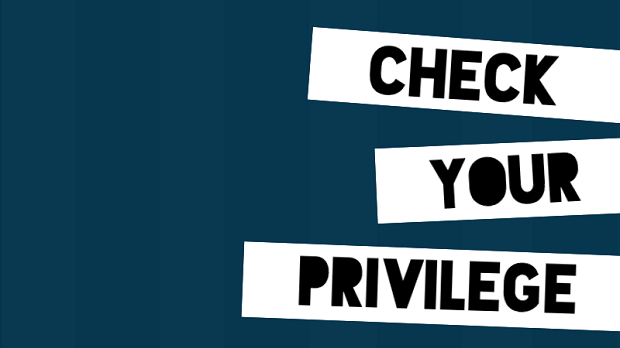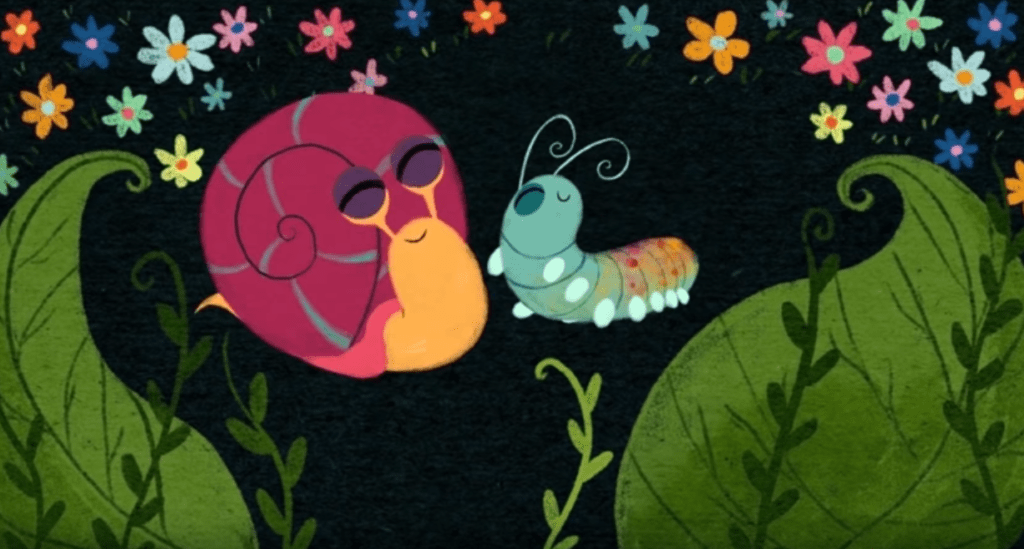
Image source: Everyday Feminism
I hesitated with writing about the results of the presidential election this week, wondering if a somehow “lighter” subject would suffice. I remembered all of my seminars on public speaking and networking; the ones that warned against speaking on “divisive” topics such as religion and politics. I’m not going to write about it, I thought. My heart and fingers disagreed. Each time I opened my laptop and stared at the blue-white screen, with its familiar blinking cursor flashing back at me, I realized I needed to write. To sort out my thoughts, hopes, and fears regarding the election. To pinpoint my frustrations and worries. To try to write about another topic this week, as the nation reels with protests, conflicting emotions, and reported hate crimes, would be disingenuous. And try as I might, it would be impossible to withdraw myself from politics when so much of my daily life is embroiled in the politics of race, gender, and color.
Unlike many of my friends, I wasn’t surprised by the victory of Donald Trump as our next President-Elect. I am well aware of the intricate web of institutionalized privilege, oppression, and both covert and overt “isms” that exist in the United States (racism, sexism, homophobia, xenophobia, etc.). I did have hope, however, that our country would band together against the tacit support of a presidential candidate who, on numerous occasions, has made problematic and dubious statements regarding race, gender, individuals with disability, women’s rights, and the LGBTIA community. Systems of oppression and privilege are unfortunately ubiquitous features of the American political and social landscape, and if last week’s election (and response) was any indicator, they will continue to be factors that impact our communities.
Unfortunately, as a woman, person of color, friend and family member of LGBTIA persons, friend of individuals who practice the Islamic faith, and advocate of individuals with disabilities, I do not have the privilege of ignoring Trump’s comments or passing them off as “campaign speak”. I do not have the privilege of assuming his rhetoric will transform the American economy. I do not have the privilege of supporting Trump despite his views on women’s rights, his monolithic view of race, his mocking of individuals with disabilities, his comments on banning Muslims from our country, or his inappropriate comments regarding female anatomy. I am not privileged in this way.
I am privileged in other ways, and I try to take time to acknowledge that privilege and how it may impact my decisions and every day interactions in my daily life. For example, I am college educated, a Christian, heterosexual, and a member of the middle class. Each of these intersectional groups form the way that I see and respond to the world. When I say the word “privilege”, it is not as an insult, indictment of character, or slur. It is the subtle reminder that we would all do well to remember that the world is larger than our individual spheres. We all have biases and privileges; it is how we use the knowledge of our biases and privileges that lead to change.
The 2016 Presidential Election was a lesson in both intent and impact for all of us. While I don’t believe that all individuals who support Donald Trump are prone to bigotry, I do find it problematic that a sizeable portion of our population deemed it tolerable, reasonable, even, to ignore Trump’s rhetoric in favor of his policy stances. While the intent (in hopefully some cases) was not to promote hateful speech or xenophobic behaviors, the impact served to enable the very systems that we have strived so hard to dismantle in this country.
Until the discourse is changed, and talking about privilege becomes less about shaming and taboo, and more about acknowledging and honoring the value in disparate narratives, we will have difficulty in truly promoting inclusion in our communities. We must learn that just because we may not experience racism, homophobia, sexism, misogyny, or ableism, it does not mean it does not exist for other people. Our experiences are not a monolith.
Peggy McIntosh offered insightful commentary on the topic of privilege in her classic 1988 essay, “White Privilege: Unpacking the Invisible Knapsack”:
“I think one’s own individual experience is sacred. Testifying to it is very important – but so is seeing that is set within a framework outside of one’s personal experience that is much bigger, and has repetitive statistical patterns in it.”
At this moment, I will be honest and say it is hard to have optimism moving forward. With the election has come a wave of uncertainty, which has only been solidified when I hear statements such as, “everyone has an equal playing field” and “racism doesn’t exist anymore.” We must do better as individuals, in our communities, and in our world. I am encouraged, however, about continuing the conversation, and hopeful to that end that our conversations will lead to more understanding, as well as more action. This is certainly a privilege I look forward to.
Interested in learning more? Consider reading Privilege, Power, and Difference by Alan G. Johnson.

















